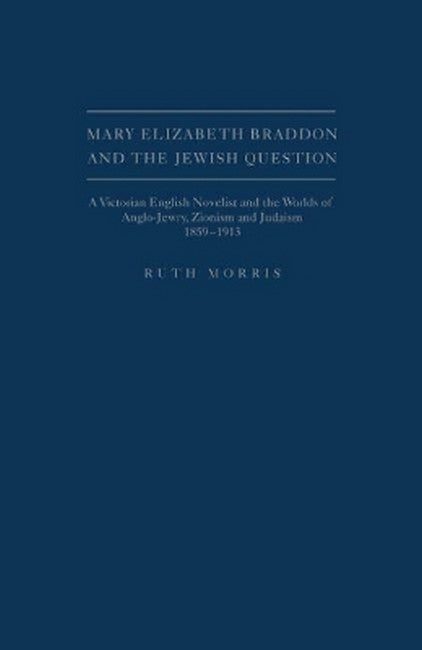Mrs Braddon was called a "sensation writer" and her work was widely read and widely influential despite being considered outre by the more genteel elements of the literary establishment. The is the first research monograph to look at Braddon's work dealing with religion and focusing on English Judaism. The large number of titles and the time period, which was arguably the most dynamic for the Jewish community in Britain, provides a unique picture of a popular novelist and a key social question that attracted the interest of Victorian and Edwardian readers and literary commentators. This study also provides a new standpoint from which to view "sensation" fiction, of which Braddon was a chief exponent, by suggesting how the novels definitely reflect the changing status and fortune of the Anglo-Jewish community. During the nineteenth century and even up the present day some critics have viewed sensation fiction as being ephemeral and somewhat salacious so the approach Ruth Morris has taken is markedly different and suggests that Braddon's novels are superb markers in social history and the development of themes embraced later by Bennett, Wells and Walpole.

